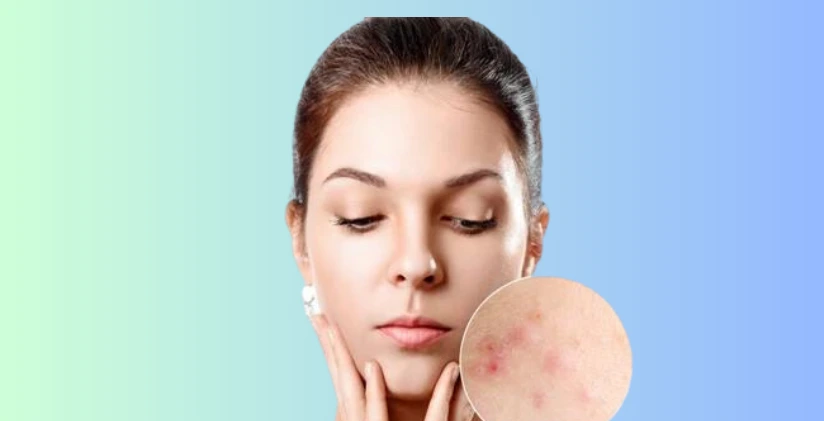Puberty to Menopause
As we grow up, our life goes through many changes. Our thoughts change as we enter adulthood, and we keep evolving until the end of our life. The body also goes through its evolution. From puberty to menopause, a woman’s body will experience changes, sometimes subtle and sometimes life-altering.

Puberty to Menopause
The end of puberty

The breasts will continue to grow fuller for about four years since the start of puberty. Some girls may start showing hair in places like the upper lip; this is normal. This phase is marked by teenage angst and changing thought patterns.
Childbirth and motherhood

A woman’s body will experience different kinds of changes as her body prepares for pregnancy. The body makes sure your baby has enough nutrition, space, and oxygen to thrive. Some changes you may experience during pregnancy are changes in your skin, thicker hair, softer bones, and higher oxygen levels.
After childbirth, your body will go through another dramatic change. Right after delivery, you will experience a drastic change in your estrogen and progesterone levels. Meanwhile, the body is producing more oxytocin, also known as the bonding hormone. Some women may experience higher levels of anxiety during this phase. Mental health should be a top priority during the early stages of motherhood.
Perimenopause

The perimenopause phase will begin 4-5 years before menopause. Women experience this phase in their 40’s and often do not understand what is happening. Your estrogen and progesterone levels can go through drastic changes. You may also experience menopausal symptoms such as night sweats, hot flashes, weight gain, and mood swings.
Menopause
The menopause phase will begin one year after you have had your last period. Women reach this stage by their mid-50’s, and it can last up to a decade. Some symptoms of menopause are

Mood swings, hot flashes, night sweats, reduced sleep, weight gain, and irritability.
Hot flashes can be one of the most annoying and life-disrupting side-effects of menopause. A hot flash is a feeling of intense and sudden warmth spreading throughout your body. Hot flashes at night can cause [1][2] night sweats which is a significant reason for reduced sleeping hours. An excellent way to manage hot flashes is using the Kulkuf wristband. A smart wearable device that allows you to reduce your core temperature within seconds
After childbirth, your body will go through another dramatic change. Right after delivery, you will experience a drastic change in your estrogen and progesterone levels. Meanwhile, the body is producing more oxytocin, also known as the bonding hormone. Some women may experience higher levels of anxiety during this phase. Mental health should be a top priority during the early stages of motherhood.









